Research & expertise
Our team brings diversity and a breadth of skills, experiences, and perspectives to NWEA research.
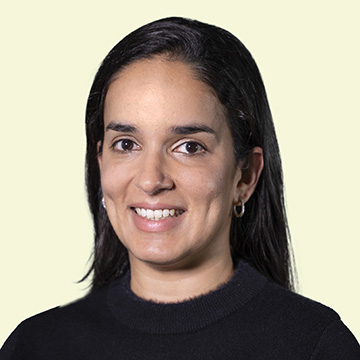
Senior Research Scientist
Ayesha K. Hashim uses interdisciplinary and mixed-methods research designs to study the impacts of district-level school policies on student learning, and the leadership, organizational, and implementation conditions that can explain observed results.
NWEA Research
Topics: Equity, COVID-19 & schools, Student growth & accountability policies

(1963 - 2020)
Andrew Hegedus consulted with education system leaders around the world; prototyped, launched, and supported state-of-the-art reports; and managed research projects focused on understanding the drivers for growth in schools with differing levels of challenges.
NWEA Research
Topics: Empowering educators, High-growth schools & practices
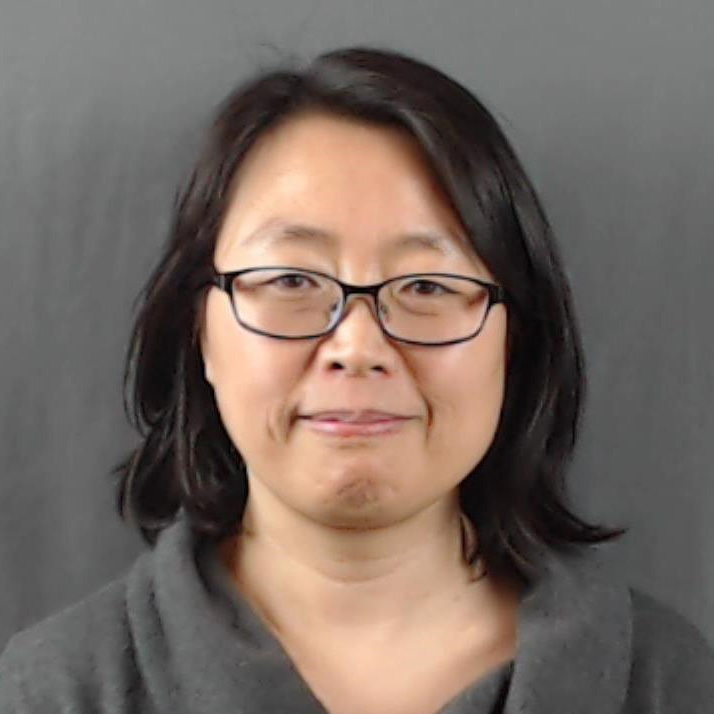
Director of Psychometrics and Analytics
Ann Hu works mainly on MAP Growth assessments. Her research interests include linking studies between formative and summative assessments, item bank development and maintenance, adaptive testing engines, test security, and norms studies. She has extensive experience in conducting psychometric analyses and research based on Rasch models and IRT, constructing fixed forms and CATs, and designing and conducting standard settings. Prior to joining NWEA in 2017, Dr. Hu worked at Data Recognition Corporation (DRC) on multiple large-scale achievement testing programs for Pennsylvania, Michigan, Oklahoma, Louisiana, Alabama, and Minnesota. Dr. Hu holds a doctorate in measurement, evaluation, and cognition from the University of Alberta. She also holds a bachelor’s degree in psychology and a MEd in educational psychology.
Measurement & Psychometrics
Topics: Measurement & scaling, Test design
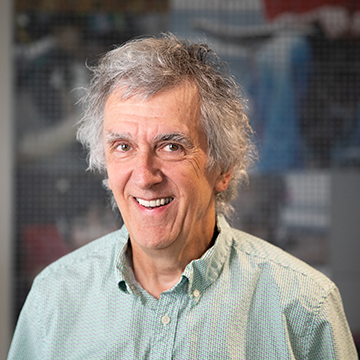
Affiliated Research Scientist
G. Gage Kingsbury provides advice and development work in the application of technology to practical assessment situations. He designed the first adaptive tests used in educational settings and helped design adaptive tests currently administered to K–12 students throughout the United States and in a wide variety of international schools.
NWEA Research
Topics: Measurement & scaling, Innovations in reporting & assessment
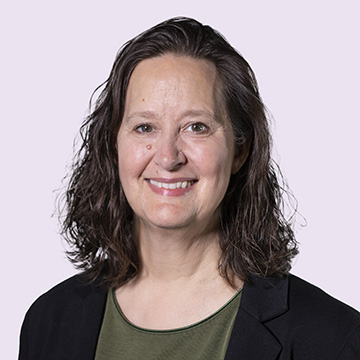
Senior Research Scientist
Susan Kowalski began her career in science education teaching high school physics and physical science in Bloomington, MN. She completed her PhD in curriculum and instruction from the University of Minnesota and the spent several years developing and researching curricula and professional learning experiences at BSCS Science Learning. Her current work investigates new approaches to three-dimensional assessment in support of the Next Generation Science Standards. She is focused on how teachers might learn to more effectively use assessment data to inform their day-to-day science instruction and enhance equitable learning opportunities for students.
NWEA Research
Topics: Innovations in reporting & assessment, Empowering educators, Math & STEM
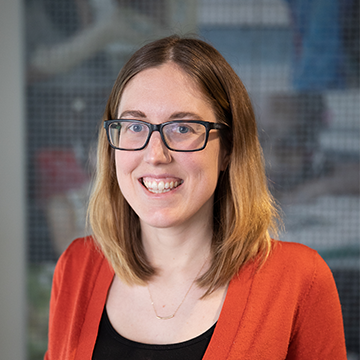
Director of Growth Modeling and Data Analytics
Megan Kuhfeld seeks to understand students’ trajectories of academic and social-emotional learning and the school and neighborhood influences that promote optimal growth.
NWEA Research
Topics: Measurement & scaling, Growth modeling, Seasonal learning patterns & summer loss
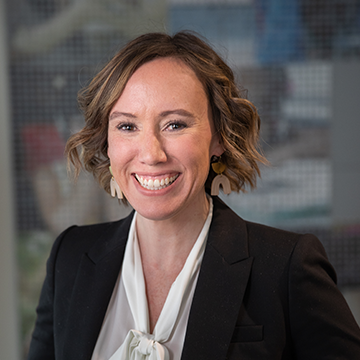
Vice President of Research and Policy Partnerships
Karyn Lewis is director of the Center for School and Student Progress at NWEA where she leads a team of researchers who operate at the intersection of K-12 education research, practice, and policy.
NWEA Research
Topics: School & test engagement, Social-emotional learning, Student growth & accountability policies
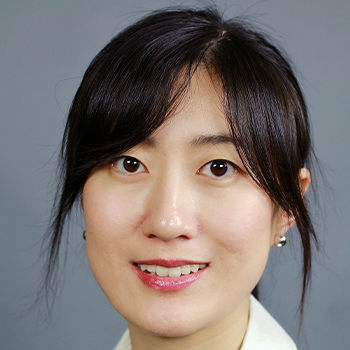
Lead Psychometrician
Xueming (Sylvia) Li focuses on psychometric issues related to MAP Growth. Her research interests include computer-based testing, applications of IRT, test validity, cross-cultural assessment, and test score linking and equating. Prior to joining NWEA in 2015, she received a doctoral degree in research, educational measurement, and psychometrics from the University of Massachusetts Amherst.
Measurement & Psychometrics
Topics: Measurement & scaling, Accessibility, Assessments in Spanish, Computer adaptive testing, Growth, Item response theory, Reading & language arts
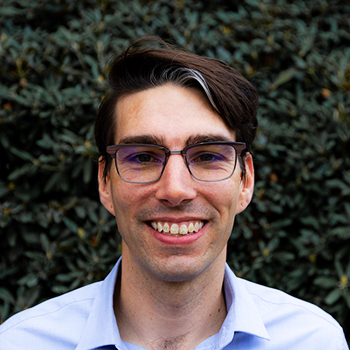
Vice President of Learning Sciences Engineering
Tyler Matta is motived to improve the tools used for educational decision making to support the building of equitable educational systems. His work spans computational psychometrics, learning theory, and education policy.
NWEA Research
Topics: Measurement & scaling, Growth modeling, Innovations in reporting & assessment
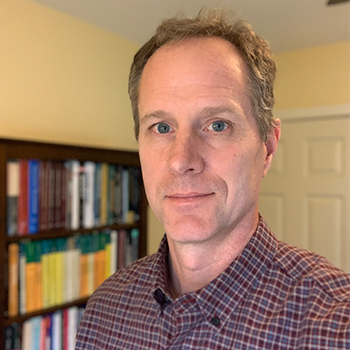
Vice President of Psychometrics and Analytics
Patrick Meyer manages the team of psychometricians, statistical analysts, and project managers involved in the district division of NWEA. This team conducts psychometric research for assessments such as MAP Growth and MAP Reading Fluency. His research interests include IRT, psychometric software design, and the psychometric characteristics of teaching measures. Dr. Meyer is the inventor and lead developer of jMetrik, an open-source software program used in over 20 countries. He has authored two books and published over 20 articles in peer-reviewed journals such as the Journal of Educational Measurement, Applied Psychological Measurement, and Educational and Psychological Measurement. He has conducted 25 standard-setting workshops in the licensure and certification field, as well as numerous workshops on psychometric theory and the use of jMetrik for data analysis. Prior to joining NWEA in 2018, Dr. Meyer worked as an associate professor with tenure in the Curry School of Education at the University of Virginia, where he taught courses in educational measurement and applied statistics. He began his academic career in 2004 as an assistant professor at James Madison University’s Center for Assessment and Research Studies. Dr. Meyer holds a PhD in educational psychology and research from the University of South Carolina.
Measurement & Psychometrics
Topics: Measurement & scaling, Assessments in Spanish, Computer adaptive testing, Guidance, Item response theory, Test design
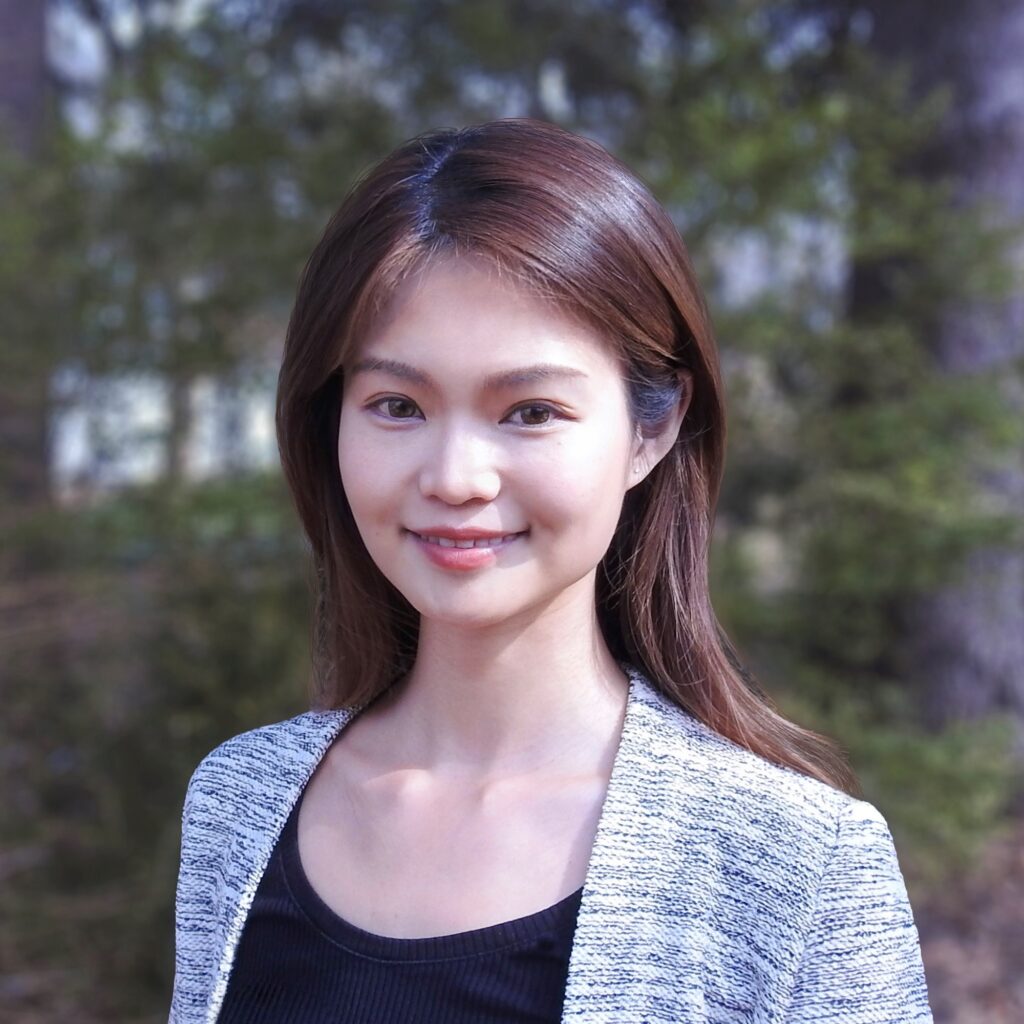
Senior Psychometrician
Fang Peng works with the MAP Reading Fluency assessment. Among her interests and areas of expertise are computerized adaptive testing, measurement validity, early childhood development, and applications of natural language processing and machine learning in assessment contexts. Prior to joining NWEA in 2022, Fang worked as a psychometrician at the National Council of State Boards of Nursing where she gained extensive operational and research experience in large-scale licensure examinations. Fang holds a PhD in Educational Psychology with a concentration in Measurement, Evaluation, Statistics, and Assessment from the University of Illinois at Chicago.
Measurement & Psychometrics
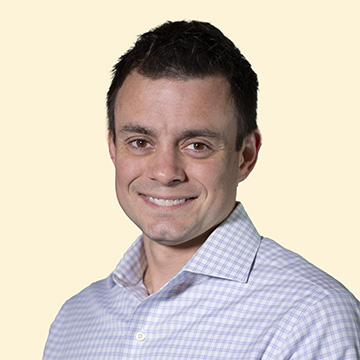
Director of Research Consulting Partnerships
Scott J. Peters specializes in educational assessment and data use, gifted and talented student identification, equity within advanced educational opportunities, and effectiveness of educational policy.
NWEA Research
Topics: Equity, Empowering educators, Student growth & accountability policies
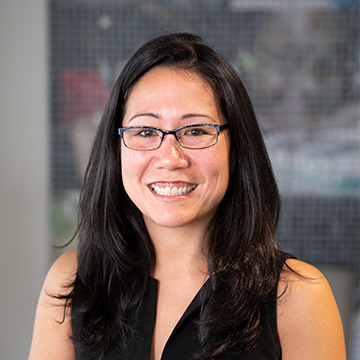
Senior Vice President of Learning Sciences
Beth Tarasawa is relentlessly committed to using data-driven insights to transform education and eliminate structural barriers to achieve equitable outcomes for all students.
NWEA Research
Topics: Equity, Empowering educators, Student growth & accountability policies


